Explore the dynamic world of Open Educational Resources and discover how OER Africa is driving the movement forward. This page is divided into two sections:
Articles: Our articles aim to deliver insights on OER-related themes that inform, spark conversation, and engage with the developing open education landscape, with a particular focus on Africa.
Updates: Below, the articles, you'll find updates on OER Africa’s latest initiatives, activities, and contributions to the OER community.
Articles
This section features targeted articles crafted specifically for educators, students, and the global Open Educational Resources (OER) community. The articles examine themes related to OER, offering insightful perspectives and information. The content seeks to inform, prompt discussion, and actively engage with the dynamic landscape of open education, particularly within the African context.
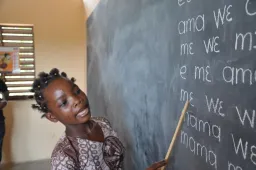
UNESCO’s OER Recommendation contains an action area on accessibility, inclusion, and equity which addresses the underlying issues that are necessary to both produce and use OER. But what does effective, inclusive, and equitable access to quality OER mean and how is it being realized? Just as importantly, what are the inherent complexities?
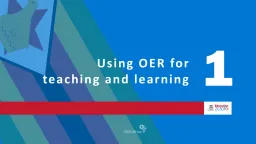
The 5th of October is International Teachers’ Day! Part of why the world nominates one day a year to pat teachers on the back is because parents and students DO appreciate those educators who find ways to keep students excited about learning.
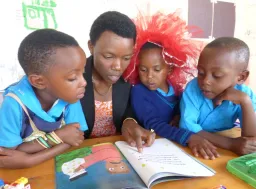
What initiatives or organizations do you know of who are transforming literacy learning spaces in Africa? UNESCO marks International Literacy Day every year to remind people of the importance of literacy as a matter of dignity and human rights. The theme for this year’s International Literacy Day is ‘Transforming Literacy Learning Spaces’.

On the 12th August, we celebrate International Youth Day. This year’s theme is ‘Intergenerational Solidarity: Creating a world for all ages’. The theme encourages people to think about how to harness the full potential of all generations to achieve the Sustainable Development Goals.
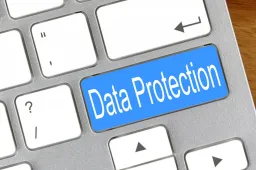
What is personal information? What is a Cookie Consent popup on a web page? What are the General Data Protection Regulation (GDPR) and Protection of Personal Information Act (POPIA), the GDPR’s South African equivalent? This week’s post looks at recent legislation around personal information and how we need to consider protecting it when working with OER and open education practices.

This research report on Continuing Professional Development strategies in Higher Education Institutions was developed to provide a basis for the development of an online CPD course for senior managers in African universities. It comprises a review of global CPD initiatives; Learnings from the piloting of CPD learning pathways; A framework for CPD activities for higher education; and Preliminary guidelines for supporting Open Educational Resource practices through CPD.
Updates
This section provides updates on OER Africa’s initiatives and activities. Stay informed about our contributions to the OER community and how we are driving the open education movement forward.

Launching OER Degree Pathways: An Early Snapshot of Achieving the Dream’s OER Degree Initiative and Emerging Lessons is a formative evaluation report prepared by SRI International that was released in June, 2017.
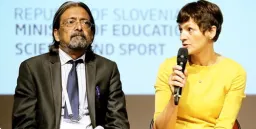
Jenny Glennie and Neil Butcher recently attended the 2nd World OER Congress in Slovenia. South Africa was represented by the Honourable Minister Angie Motshekga, Minister of the Department of Basic Education. Ministers present reaffirmed their committment of the important role of OERs in the attached Ministerial Statement.
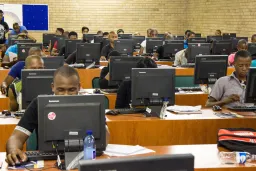
We have created a PDF of our Supporting Distance Learners online resource that will be used at a workshop to be conducted at the University of Lesotho which others may find useful too.

Amanda Coolidge, Senior Manager , Open Education at BC Campus, and Daniel De Marte, Chief Academic Officer at Tidewater Community College have released an interactive toolkit to support institutions develop open policies. The toolkit is licensed CC BY and institutions are free to reuse it, remix it, revise it, and/or redistribute it.

